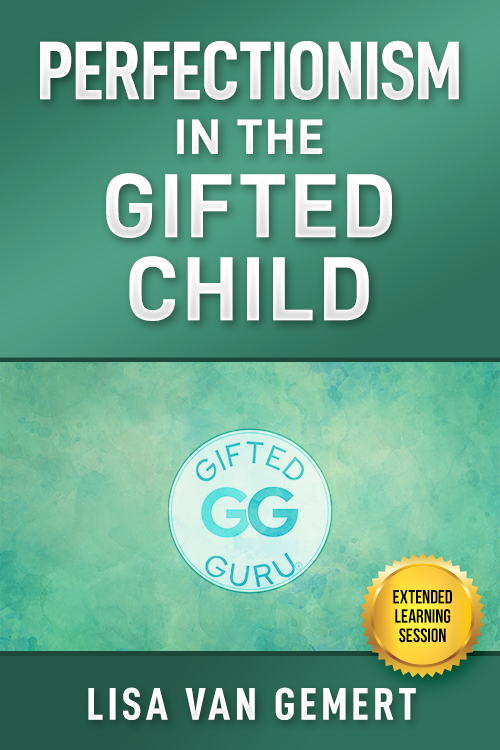Perfectionism is a multifaceted concept, particularly in educational and personal development contexts. Lisa Van Gemert, an expert in the nuances of gifted education, offers a rich exploration of this theme in her extended learning session, “Perfectionism in the Gifted Child.” This session provides profound insights into the nature of perfectionism, its impacts, and how to manage it effectively.
Beyond High Standards in Perfectionism
The course begins by dissecting the true nature of perfectionism. Van Gemert clarifies that having high standards isn’t inherently problematic. The real issue arises when these standards are unattainably high, coupled with a lack of self-compassion. “High standards are not a problem. The problem comes when you have unreasonably high standards and you combine that with a lack of self-love,” she notes. This perspective reframes our understanding of perfectionism, highlighting the importance of balance and self-kindness.
The 1-to-5 Scale for Realistic Prioritization
One of the session’s standout features is the introduction of the 1-to-5 scale. This tool serves as a guide to categorize tasks based on the necessary level of perfection, offering a structured approach to managing expectations and workload.
- Task Categorization: Assign a scale from 1 (minimal perfection needed) to 5 (maximum perfection required).
- Setting Realistic Goals: Understand and align your goals with the nature of the task. Not everything requires utmost perfection.
- Mindful Execution: Reflect on how you approach tasks and adjust your methods accordingly.
Aligning Instruction with Educational Expectations
Van Gemert emphasizes the crucial role of perfectionism in educational settings. She points out the necessity for educators to align their grading with the emphasis placed on assignments in class. This alignment ensures that students receive fair and consistent feedback, which is crucial for their development.
Countering the “Any Benefit” Fallacy
An intriguing aspect of the extended learning session is its challenge to the ‘any benefit’ fallacy. This fallacy justifies the use of a tool or activity based solely on its perceived benefits, often ignoring its broader impacts. Van Gemert advises a more discerning approach, urging us to critically evaluate our choices. “Just because something has some benefit, then it justifies its existence,” she explains, prompting a rethink of how we assess the value of our actions and tools.
Journey-Oriented Goal Setting

Van Gemert also discusses the importance of viewing goals as journeys rather than just endpoints. She encourages a regular assessment of our goals and the paths they lead us down, ensuring they truly align with our values and aspirations.
- Goal Assessment: Regularly evaluate the purpose and journey of your goals.
- Adapting Goals: Be open to adjusting goals to ensure they’re providing the desired journey and experiences.
Final Thoughts
Exploring Lisa Van Gemert’s course, “Perfectionism in the Gifted Child – Extended Learning Session” is highly recommended for educators, parents, and anyone keen on gaining a deeper understanding and effective management of perfectionism. As Van Gemert eloquently puts it, “I’m only one task away from a reset.” This statement encapsulates the essence of her teachings—the importance of adaptability and resilience in our approach to perfectionism. Embracing these insights can lead to a more balanced, fulfilling pursuit of excellence in both personal and professional realms.


